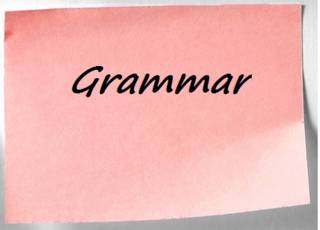Everyone���s vs. everyones��� vs. everyones
Sometimes  singular and plural pronouns and apostrophes can leave you feeling like you���re swimming in a turbulent ocean. Such is the case with everyone���s vs. everyones��� vs. everyones.
singular and plural pronouns and apostrophes can leave you feeling like you���re swimming in a turbulent ocean. Such is the case with everyone���s vs. everyones��� vs. everyones.
To begin, we should know the difference between everyone and every one. Everyone is the equivalent of everybody and refers to all members of a group, as in The street widening will affect everyone living on the block. In contrast, every one means each individual in a group, as in I will send thank you notes to every one who gave me a wedding gift. To help remember the difference, for emphasis you always can add each (one person) to a sentence containing every one, as in The bride danced with each and every one of the male guests at the reception.
Given this, we can can conclude that everyone is a singular pronoun. That is, it refers to a collection of people or a group. Just as the word group is singular (groups is plural), so everyone also is singular.
So to show possession, the apostrophe should go between the final e and s as in everyone���s. The other two are incorrect, first because everyones��� implies everyone is plural (which it isn���t) and everyones isn���t an actual possessive pronoun like his or hers.
Unfortunately, this grammar rule isn���t universal. In Britain, sometimes everyone and everybody are considered plural pronouns. The recommendation here assumes you���ve made landfall on the American side of the Atlantic.
Professional Book Editor: Having your novel, short story or nonfiction manuscript proofread or edited before submitting it can prove invaluable. In an economic climate where you face heavy competition, your writing needs a second eye to give you the edge. I can provide that second eye.
<A HREF="http://ws-na.amazon-adsystem.com/widg... Widgets</A>
Related articles
 History says no apostrophe on 'pros and cons'
History says no apostrophe on 'pros and cons' Three great formatting tips for ebooks
Three great formatting tips for ebooks



